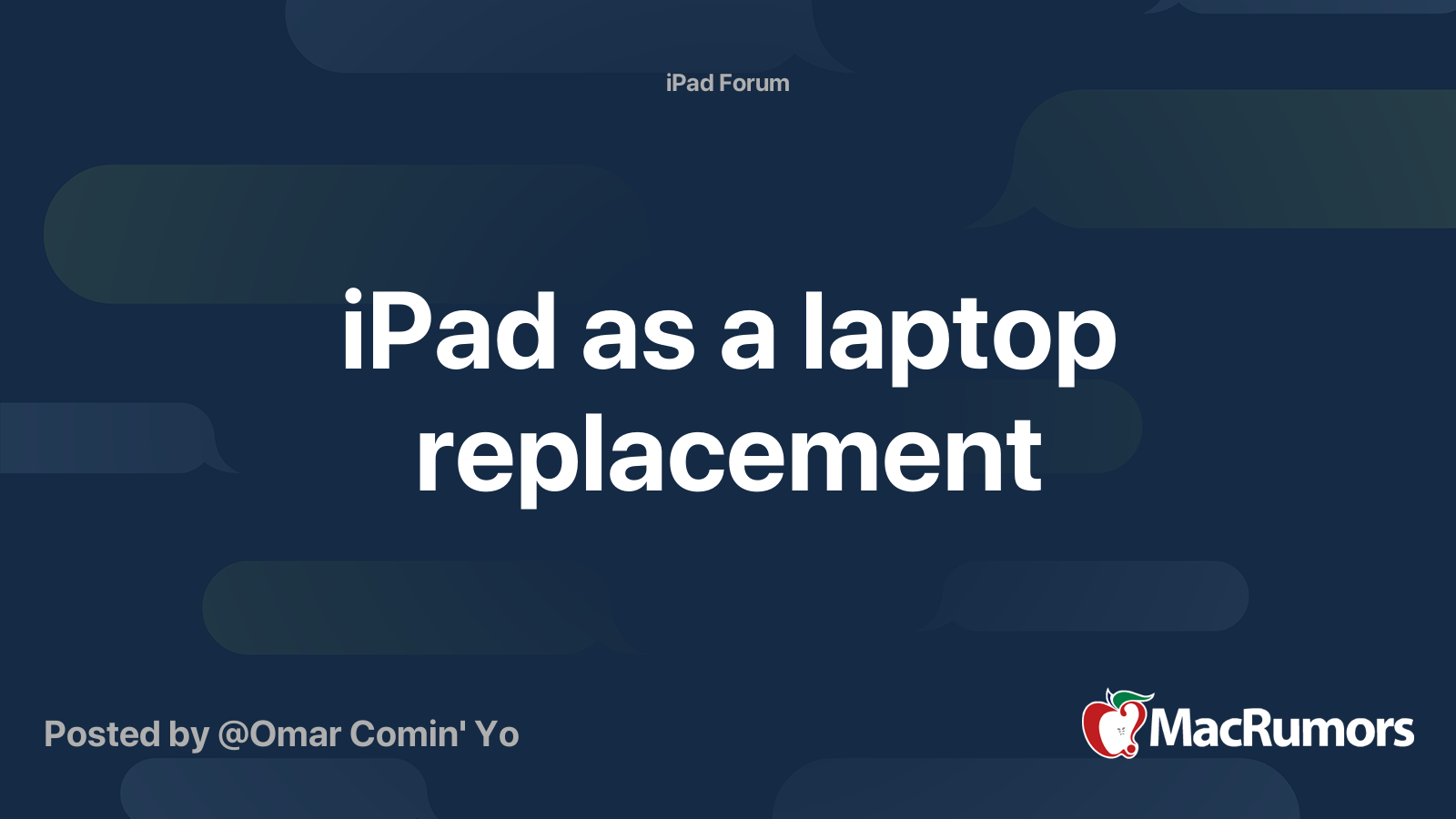I think the majority of complaint is actually about the walled garden of the Apple ecosystem. Apple is already forced to opening it up in the EU and it will have to do it for China and Australia too.
At this point, just leave the entire walled garden concept and/OR make it a user option.
The fundamental concept of "I own this device, and as its owner, I can do whatever I wish with it" Is violated when companies put arbitrary limitations such as Apple does with their lucrative walled garden, that mostly just serves Apples economy at the end of the day.
Furthermore, it is limiting in what I can run on it. Apple being the arbiter of what I deem necessary to run on my own hardware, is quite ridiculous if you consider it is YOUR property...
As for "security" argument... Apple has implemented secure transactions and biometric security on MacOS, so it isn't really a great argument. Fine, why not both? Let the user decide if they want to be locked into the walled garden... Just make it an option. Let the user decide what level they want to be "secure" and babied.
EVERY tech company just want to put their straw into everyones bank account and get subscription fees every month... SURE, it is AMAZING for you to make infinite money. However... How about just a simple no on that.
I completely disagree with that. Many people specifically buy iPhones and iPads
because of the extra security provided with what you call “restrictions”. App sideloading causes all kinds of security hazards, and most reputable developers will use the App Store anyways, so the “benefits” don’t really add up there. Essentially you just get the ability to install malware, something most people don’t want to do…
Second, the “Mac doesn’t have it, so it must be safe to not have it” argument doesn’t hold up. MacOS is a different OS, for one, and iOS/iPadOS are more lucrative targets with more sensitive personal data such as location data, banking apps, etc. Many people handle these things on their iPhone or iPad, but not on their Mac, as they would have to use a website to access their bank (far less secure than an app), and Macs are stationary, more static devices. So people don’t tend to keep installing as much software on Macs, they install what they need initially, and then things level out more. With iPhones, people are far more often installing new apps. And that’s not just my heresay, that’s direct from the source from Apple, who of all people should have a pretty good handle on how people are using the devices they sell…
The bottom line is, removing these safeguards would result in far more fraud and malware, and not really end up benefiting customers in the end. We haven’t seen any sudden boom in small developers making apps only sideloaded on iOS in any of the places sideloading has been supported. All we’ve seen is a handful of big multi-million dollar software companies talking about using it so they can cheapskate and make customers have to go to extra hassle to install their software if they need or want to…. Sideloaded apps don’t really end up benefiting customers/users, and they don’t even really benefit most Indy developers anymore either, as it’s more difficult and expensive to host your own website, payment system, etc. then just using Apple’s App Store system. So basically the only ones to benefit from removing such safeguards and forcing consumers to sideload their apps are either big businesses too greedy to pay Apple’s App Store commission, fraudulent apps that want to steal your data, money, etc., illegal apps that pirate content or distribute illegal materials, or “reputable” apps that want to bypass the App Store review process so they can try to mine more of your personal data without the protections the review process and Apple’s App Store guidelines provides. There is no benefit to the end user from having to sideload an app vs downloading it from the App Store. And there are definitely cons. App updates aren’t managed in one place as they are in the App Store, which is far less convenient. Apps aren’t reviewed to verify they follow Apple’s security guidelines, which means they could be trying to mine your data in ways that Apple’s App Store protects you from. They could very easily be fraudulent apps, or contain malware. All I see are tons of cons to normal consumers, and zero benefits. Again, the only ones who benefit from such a system are some greedy developers, people who want to commit fraud, and people who want to steal your data…

forums.macrumors.com


